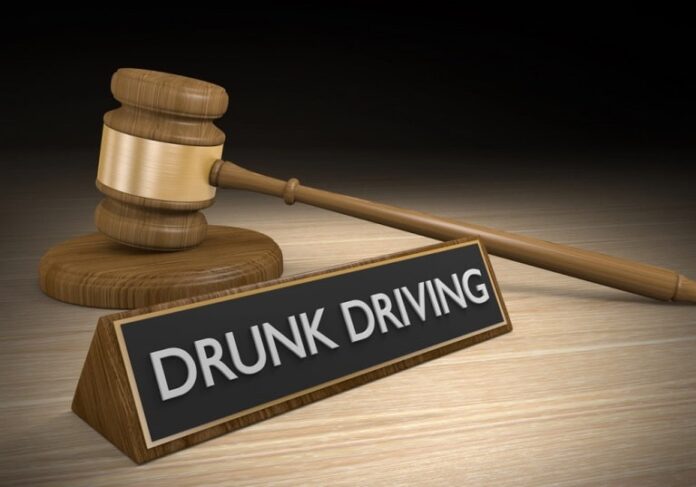Driving under the influence (DUI) is a criminal offense with varying levels of severity. Depending on the circumstances, a DUI charge can be classified as either a misdemeanor or a felony.
The distinction between the two impacts potential penalties, long-term consequences, and how the charge might affect a person’s life. In some cases, a DUI can become a felony due to specific factors like repeat offenses or severe outcomes.
Misdemeanor DUI
A DUI is typically classified as a misdemeanor if it’s a first-time offense and does not involve aggravating factors.
Here are some common factors of a misdemeanor DUI:
- First or Second Offense: A DUI is usually a misdemeanor if it’s your first or second offense within a certain time frame (often 10 years).
- No Serious Injuries or Death: The incident did not cause serious bodily harm or result in a fatality.
- Moderate Blood Alcohol Concentration (BAC): Often involves a BAC just over the legal limit (0.08% in most states).
- Standard Penalties: These can include fines, license suspension, probation, mandatory DUI education programs, and sometimes short-term jail time.
Misdemeanor DUIs can lead to significant consequences, but they generally do not result in the same level of penalties as felony charges.
Felony DUI
A DUI can escalate to a felony when certain aggravating factors are present.
Here’s when a DUI is more likely to be considered a felony:
- Multiple Offenses: A third or subsequent DUI within a designated time period (often 10 years) can lead to a felony charge.
- Injuries or Death: A DUI that results in an accident causing severe injuries or death to another person will almost always be classified as a felony.
- Extremely High BAC or Reckless Driving: If the driver’s BAC is exceptionally high (e.g., 0.15% or higher), or if reckless behavior like excessive speeding is involved.
- Child Endangerment: Driving under the influence of a minor passenger can result in a felony DUI.
Key Differences Between Misdemeanor and Felony DUI
1. Severity of Penalties
Felony DUIs carry much harsher consequences, including longer imprisonment, higher fines, and stricter license penalties.
2. Legal Consequences
A felony conviction often means a year or more in state prison, while misdemeanors may result in county jail time or probation.
3. Impact on Personal Life
Felony convictions can permanently alter a person’s life, affecting job prospects, housing, and even the right to vote, while misdemeanors usually have a less severe long-term impact.
Common Penalties for Felony DUI
The following are some of the common penalties for felony DUI as per Justia state laws:
- Extended Prison Time: Often includes a sentence of more than a year in prison, depending on the state and circumstances.
- Significant Fines: Felony fines can range from thousands to tens of thousands of dollars.
- License Revocation: A felony DUI can lead to a lengthy or even permanent revocation of driving privileges.
- Mandatory Substance Abuse Programs: More intensive and longer-duration alcohol or drug rehabilitation programs may be required.
When Does a DUI Become a Felony?
The shift from a misdemeanor to a felony DUI typically depends on factors such as the number of previous offenses, the presence of aggravating circumstances like a high BAC, or whether the incident results in severe injuries or fatalities. State laws vary, so understanding the specifics of your state’s DUI regulations is crucial.
The difference between a misdemeanor and a felony DUI relies on the severity of the offense and its consequences. A felony DUI comes with more stringent penalties and long-lasting impacts, making it vital to take DUI charges seriously and understand the risks. Always prioritize safe driving to avoid the severe consequences that come with a DUI conviction.
Remember, repeated or aggravated offenses can turn a misdemeanor into a felony, leading to severe and potentially life-altering penalties.
